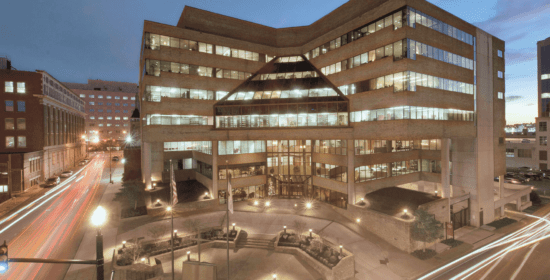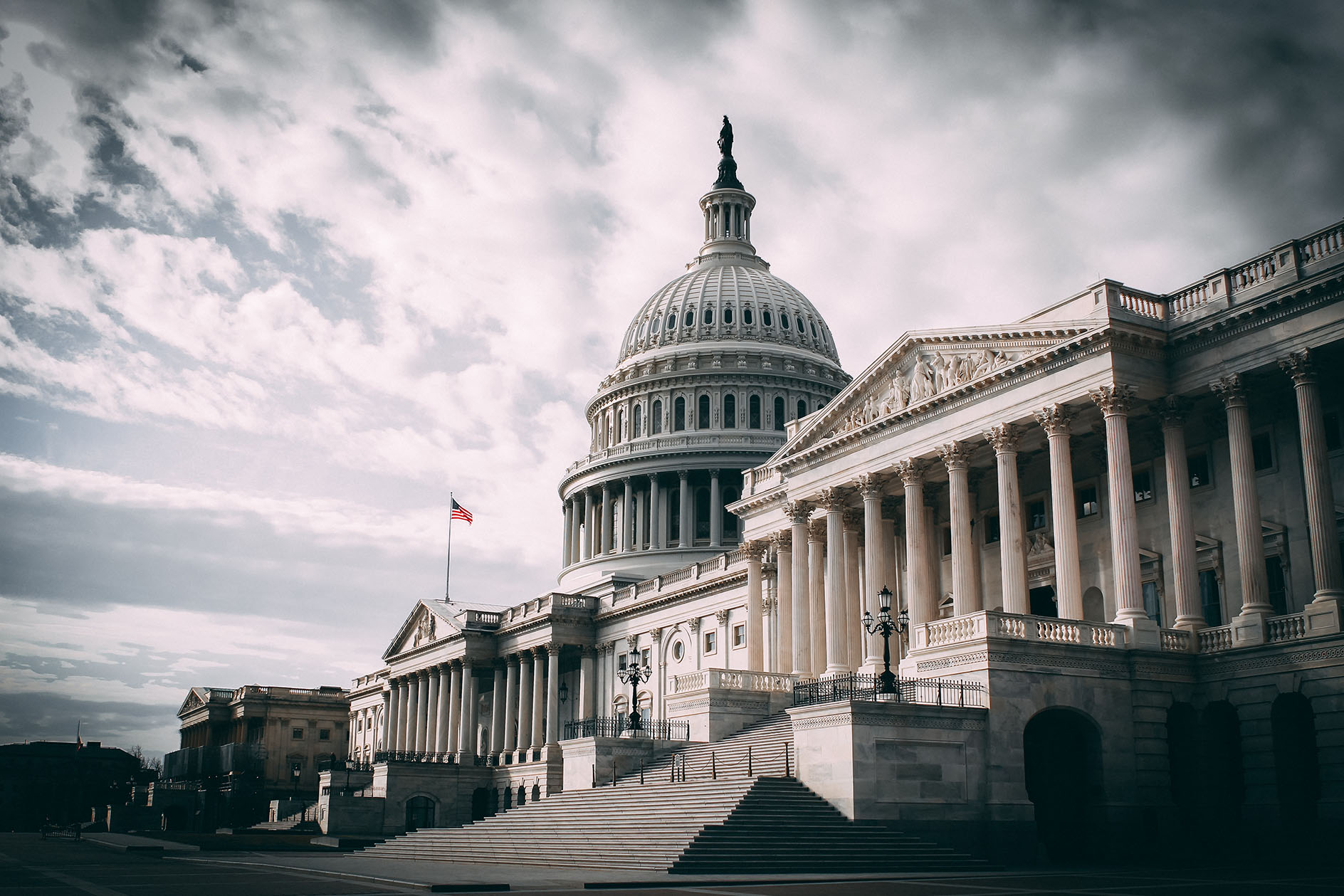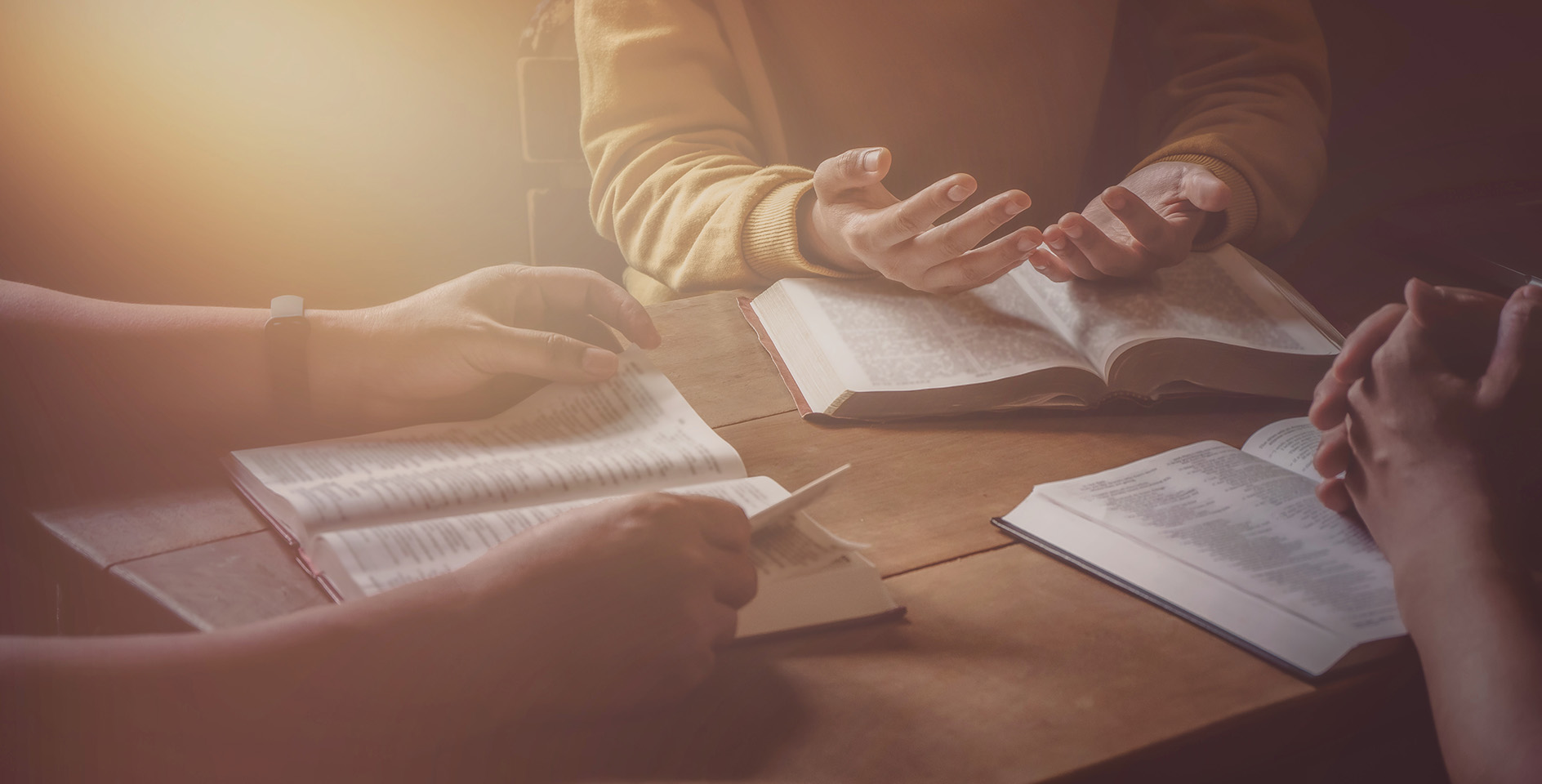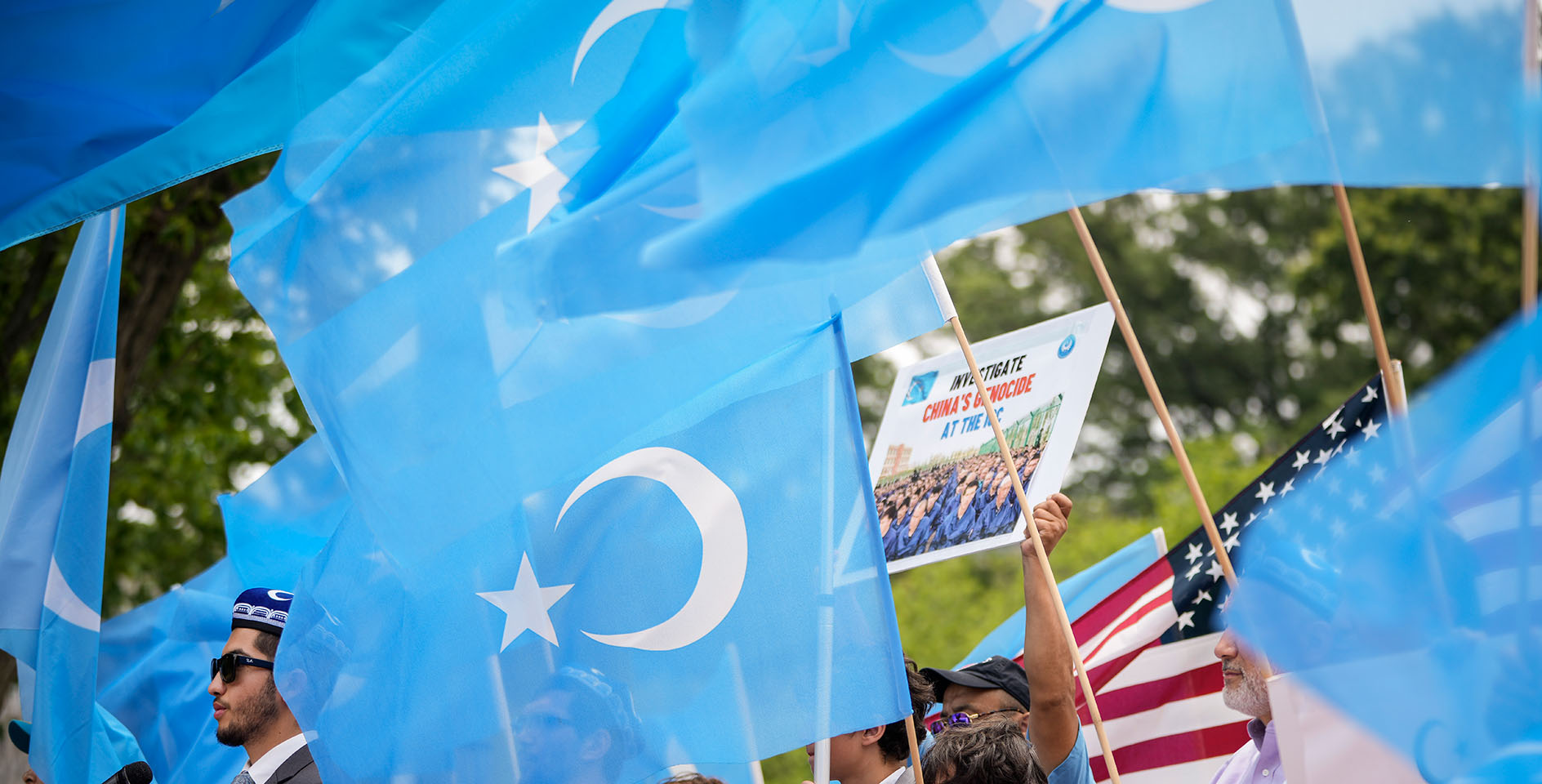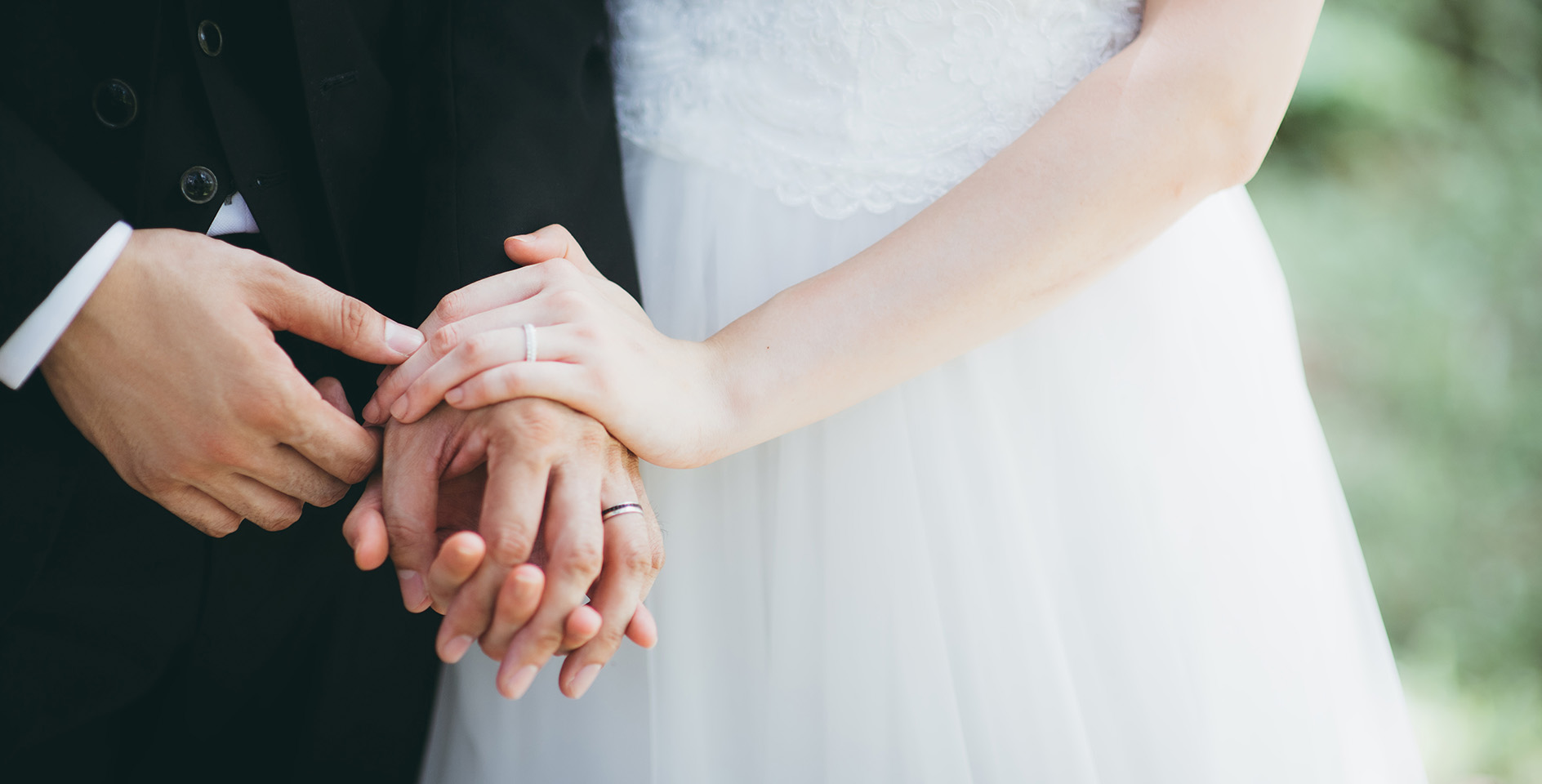On Tuesday of this week, James Coates, the pastor of GraceLife Church outside the city of Edmonton, turned himself in to the Royal Canadian Mounted Police (RCMP) after violating public health restrictions related to COVID-19. According to the RCMP, Coates was arrested and charged “with two counts of contravention of the Public Health Act (PHA) and charged for failing to comply with a condition of his undertaking, under the Criminal Code.”
The conflict dates back to December when Coates and GraceLife were fined for noncompliance with public health mandates. At that time, the church was reportedly issued an official warning and instructed to “ensure people in the church are wearing face coverings when in the building, ensure members of different households keep at least two metres apart, provide [Alberta Health Services] with information about the building’s capacity and to not exceed the limit of 15 percent of total capacity at any one time.”
In spite of the warning, Coates and GraceLife have continued to hold services in defiance of the orders, specifically exceeding the 15% capacity limit. As a result, the AHS ordered the church closed in January, but the church refused to comply with the order. According to the attorney representing Coates, the RCMP met with Coates after the service on February 7, charged him for violating the PHA, and presented him with a notice of the charges the RCMP might bring against him. The church held services again on February 14. Coates was subsequently asked to turn himself into authorities, which he did on Tuesday.
At a bail hearing on Wednesday morning, Coates was set to be released from custody on the condition that he would comply with the PHA’s COVID-19 restrictions going forward. However, Coates stated that he would not abide by the conditions of his release. As a result, his bail was denied and Coates remains in custody.
As explained below, the decision to jail Pastor Coates is wrong, and the ERLC calls for his immediate release.
What are the COVID-19 restrictions in Canada?
Government restrictions in Canada vary from province to province and are phased based on the current severity of the pandemic. GraceLife Church is in the province of Alberta, which has a population just over 4 million.
Presently, Alberta is experiencing a decline in new COVID-19 cases and hospitalizations. On Tuesday, Dr. Deena Hinshaw, Alberta’s chief medical officer of health, reported “263 new cases . . . with 365 people in [the] hospital, and 56 in intensive care.” However, the situation was much worse back in December “when the government put in lockdown rules as it dealt with close to 1,900 new cases a day and had more than 800 hospitalized.”
Under the most recent public health orders in Alberta, houses of worship are allowed to hold: 1) drive-in worship services without restrictions provided that attendees remain in their vehicles; and 2) indoor worship services provided that attendance does not exceed 15% of the facility’s capacity according to the fire code. For services taking place indoors, masks are also required as they are at most indoor public gatherings in Alberta.
In late January, Grace Life was cited for multiple violations by the authorities. The official notice cites the following violations:
- “More than 290 people attending the church service on Jan. 24, in excess of the 15 per cent total operational occupancy load as per the Alberta Fire Code.”
- “Church attendees, staff/volunteers were observed unmasked in the church lobby and in the sanctuary.”
- “It appeared that church attendees, staff/volunteers were not maintaining at least two meters physical distancing from other households.”
Should Pastor Coates be in jail?
No. The government clearly has a responsibility—and God-given authority—to protect public health and safety in light of the ongoing threats of COVID-19. But nearly a year into the pandemic, jailing pastors for holding worship services is an unacceptable breach of the church–state relationship and an alarming overreach of government authority.
Since the beginning of the pandemic in the United States, the ERLC has called for church leaders and government officials to view one another as partners and allies in the fight to combat the spread of the coronavirus. Further, we have urged governments to issue guidance, rather than mandates, to churches and houses of worship. This applies to Canada, as well.
Facts on the ground, as well as risks, vary substantially from community to community. In issuing guidelines, the government better equips pastors and faith leaders to make responsible and informed decisions on behalf of their own congregations. Conversely, mandates (often) bring about unnecessary restrictions and limit the ability of the faith community to practice their beliefs and respond effectively to urgent needs.
Jailing Pastor Coates only inflames tensions and creates hostility between people of faith and government officials. And it does so at a time when trust and cooperation between civil and religious leaders are desperately needed. The government has other enforcement tools that are more reasonable given the sensitive circumstances.
What should the government do in these circumstances?
Whenever possible, opening clear lines of communication is the best path forward. The overwhelming majority of religious leaders (whether in the United States or Canada) are not interested in a public or avoidable clash with government officials.
In many cases, issues between houses of worship and state and local governments have been resolved simply through good faith efforts to communicate with each other. Throughout the pandemic, we have seen new and important partnerships forged between church leaders and local officials in various parts of the United States. These relationships have not only eased immediate tensions, but have laid the groundwork for future partnerships to better serve these communities. We have also witnessed (and taken part) in the resolution of a number of issues of this nature spanning from minor problems with city councils to larger concerns at the state level. In the majority of these cases, efforts to communicate the concerns of local pastors to elected officials have resulted in reasonable accommodations being made.
As mentioned, government officials have a clear interest and responsibility to safeguard public health. In some cases, the highly infectious nature of the coronavirus has required governments to place limitations on public gatherings, including religious gatherings. But such limitations must be carefully considered, in ways that respect the authority and independence of religious institutions as far as possible. And whatever means government may use to enforce these measures, it should be beyond dispute that jailing pastors for noncompliance is a bridge too far.
What should Christians do in these circumstances?
Religious leaders, especially Christian pastors, have a duty to take the effects of the COVID-19 pandemic seriously. The New Testament repeatedly underscores the significance of loving our neighbors well (Lk. 10:25-37) and considering the needs of others ahead of our own (Phil. 2:4). Similarly, Christians are also charged to be in submission to civil authorities (Rom. 13:1-14) and to be good citizens who strive to live peaceful and quiet lives (1 Tim. 2:1-4). And in the midst of a global pandemic, the people of God should endeavor to serve and sacrifice for the sake of others.
But this submission and deference is not without limitations. As Peter said, before our duty to obey political authorities, Christians have a duty to obey God (Acts 5:29). While Christians should make every effort to obey and be at peace with civil authorities, our primary allegiance is owed to God alone.
For at least several more months, governments at various levels will continue to balance public health concerns with various interests including religious freedom. The ERLC continues to urge churches to cooperate, where possible, with public health guidance to advance our common goal of bringing the pandemic to an end. But more importantly, the ERLC strongly condemns the RCMP’s decision to jail Pastor James Coates.
Where necessary, we encourage churches to embrace practices such as masking and distancing. And we reject the idea that such requirements represent a significant affront to religious freedom. But there is no excuse for this inflammatory action by the RCMP. And it should be immediately remedied through his release.






